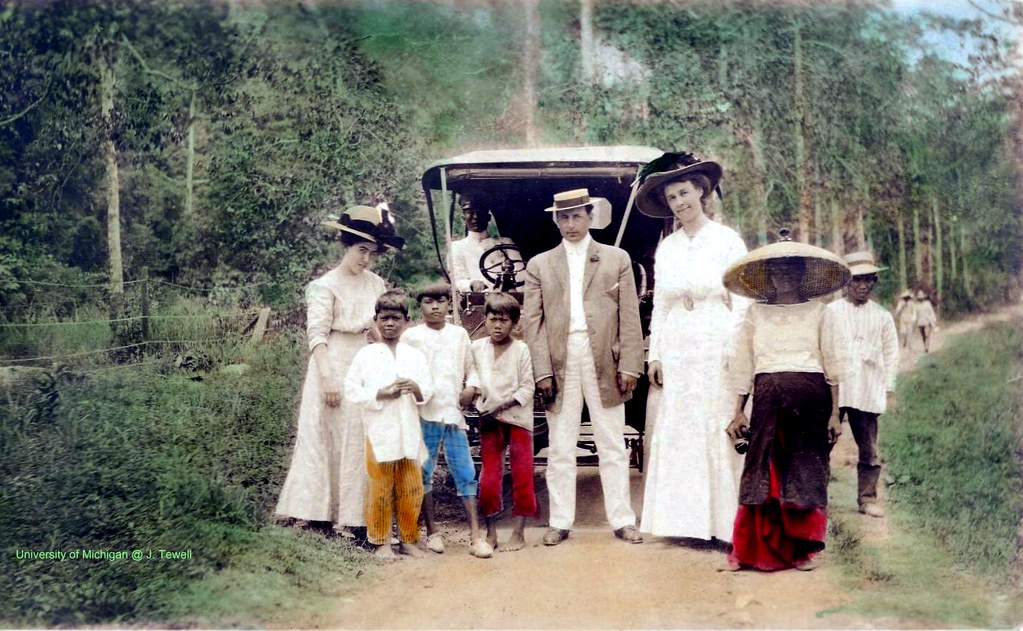
Carlos P. Romulo was a Philippine author, diplomat, and soldier who worked as the president of the UN General Assembly from 1949 to 1950. Rumolo wrote this document in 1961, during the height of the Cold War, a period of geopolitical tension between the U.S, the Soviet Union, and their respective allies from 1947 to 1991. In this document, Romulo explains why many Philippines nationalists decided to cooperate with their former colonist, the U.S, in order to advance their economic and political influences. The author points out that his father, from being a typical Philippine nationalist with considerable antagonism toward the U.S occupation of the Philippines, gradually shifted his views to be more supportive of the US’s presence. Such a cooperative attitude toward the U.S became prevalent after 1902 when the Philippine nationalists finally surrendered to the U. S’s ruling of the island. These nationalists never gave up their aspiration of an independent Philippines. Instead, Rumolo’s father and many alike saw the improvements that the U.S brought to their country, new infrastructure, medical and hygienic care, etc. They saw an opportunity to advance their nation’s status. In addition, the document also mentions how the U.S guaranteed to grant the Philippines its long-waited independence shortly. Under all these conditions, it is no surprising that a pro-U.S sentiment was popular among the Philippine nationalists.
The “blue-eyed foreign devils” that appears in the title of the document refers to American soldiers who stationed in the author’s neighborhood. Rumolo described these soldiers as “foreign devils” because of the suffering that they caused to his family and many other Filipinos. Later on, as his views toward the U.S shifted, we see that Romulo became friends with some Americans soldiers. He remarked that there was no difference between him and those soldiers because they were friends. However, this friendship did not change his hatred toward “America.” We see that Rumulo makes a distinction between the American government and American people. While the author had no troubles making friends with the American soldiers, his antagonism toward the American government remained.
This document complicates our understanding of the multidimensional relationship between the U.S government, the American people, and its foreign subjects from the territories that it obtained; in this context, it is the Philippines. This document aligns with my topic because it touches on the nuances of how the American expansion project of the 20th century augmented its subjects’ experiences. While its war machine caused so much suffering to the local communities, it also built and perpetuated a system that benefited some others, resulted in their supporting of the U.S expansion project under some given conditions.
Sources:
Romulo, P. Carlos. “I Hated Those Blue Eyes Foreign Devils.” In American Empire at the Turn of the Twentieth Century: A Brief History with Documents, edited by Kristin Hoganson, 87-89. Boston: Bedford/ St. Martin’s, 2017.
“Americans with local children, Filipino driver in automobile, location unknown, Philippines, 1910-1915” by J. Tewell is licensed under CC BY-NC 2.0.